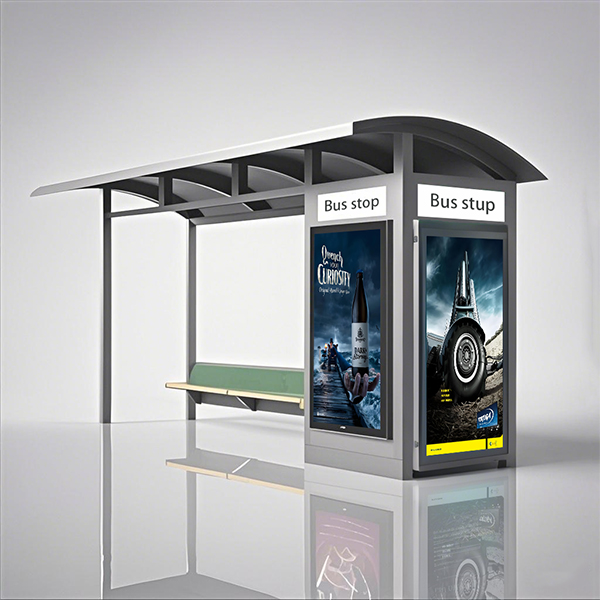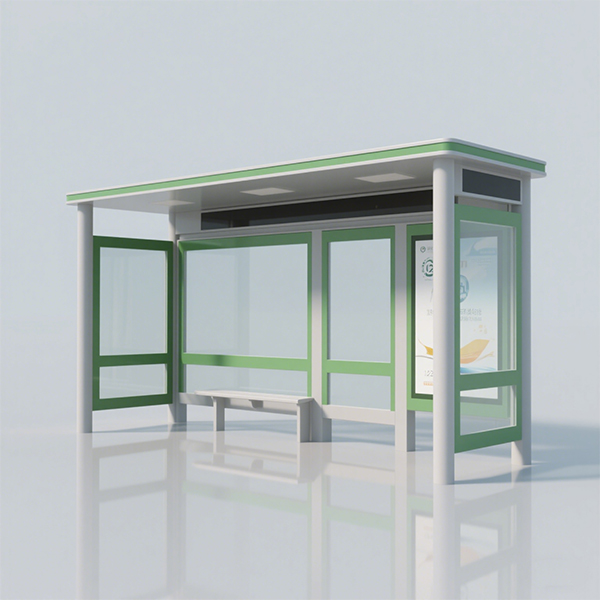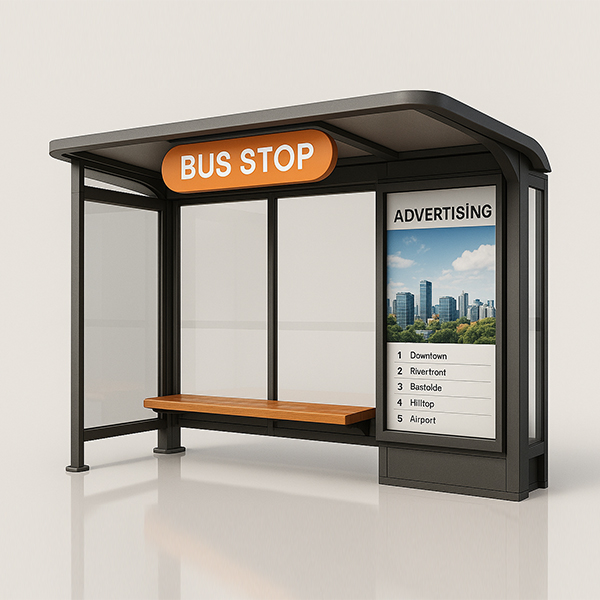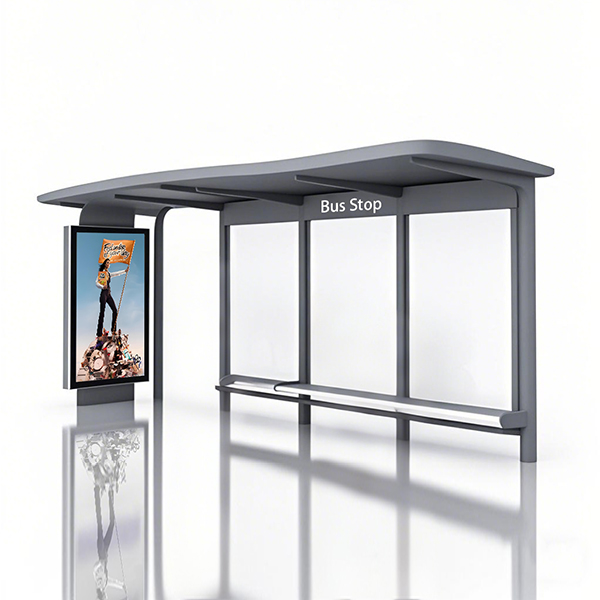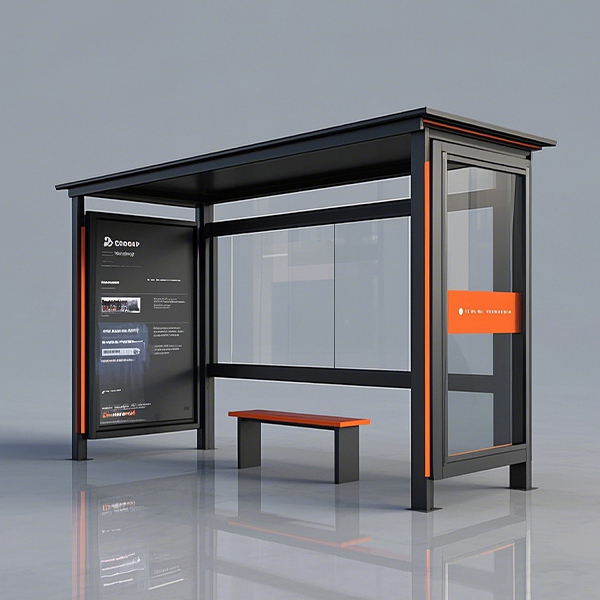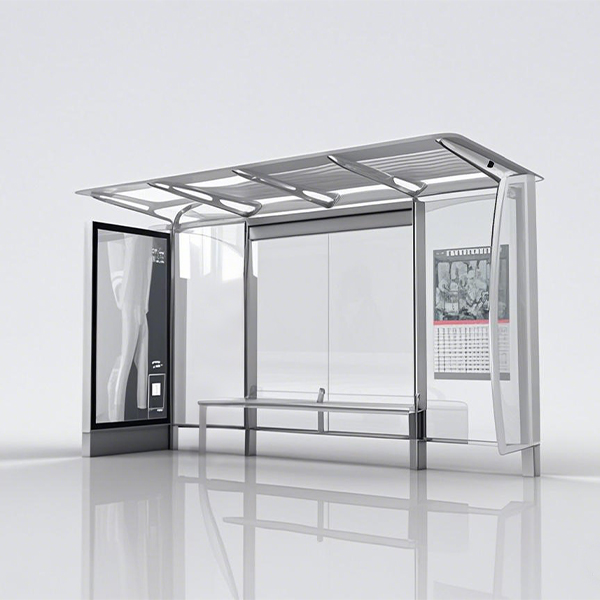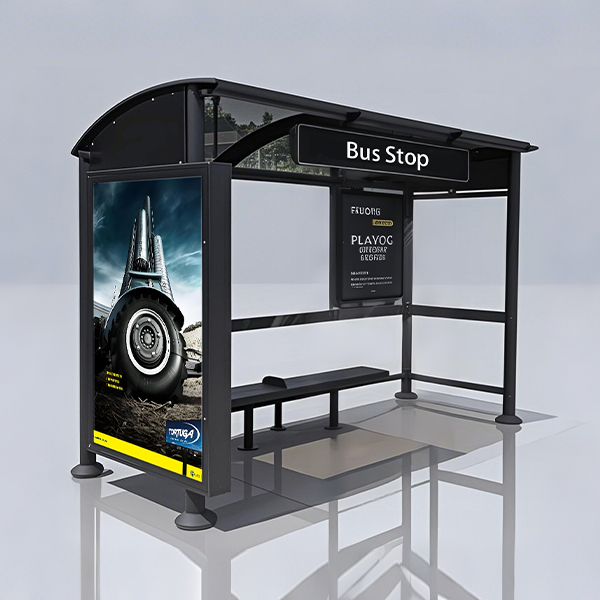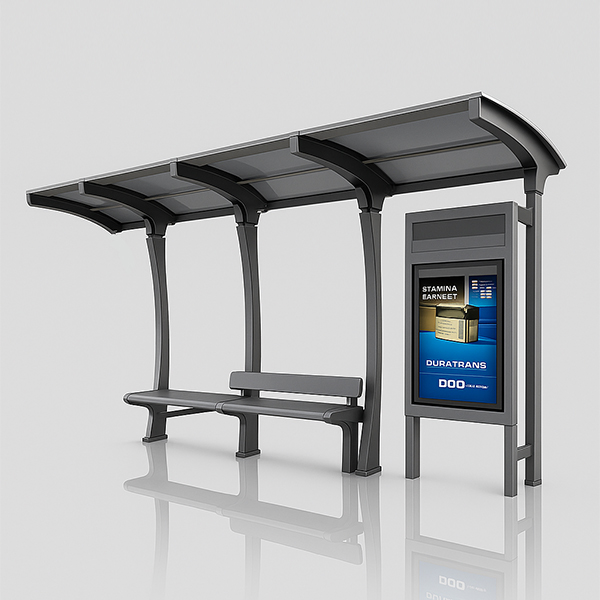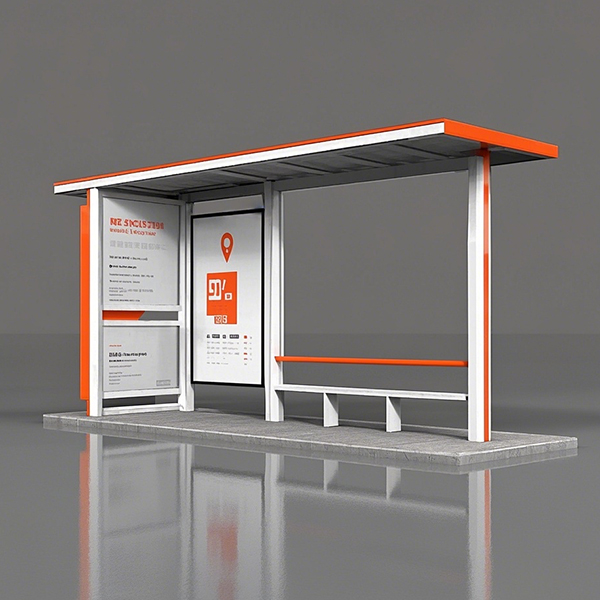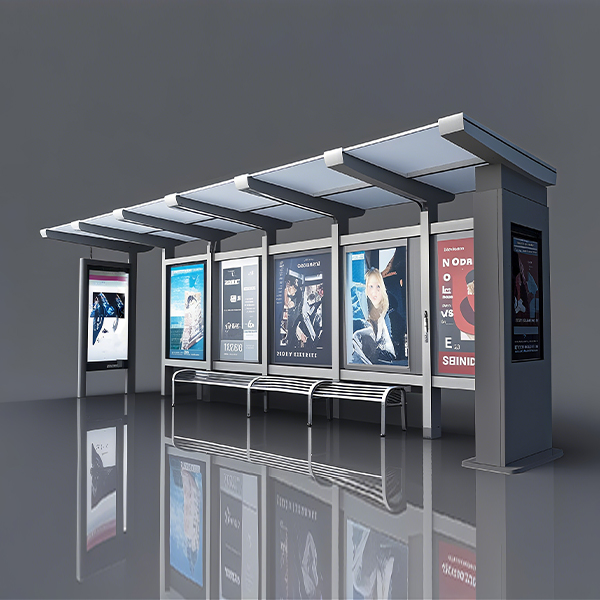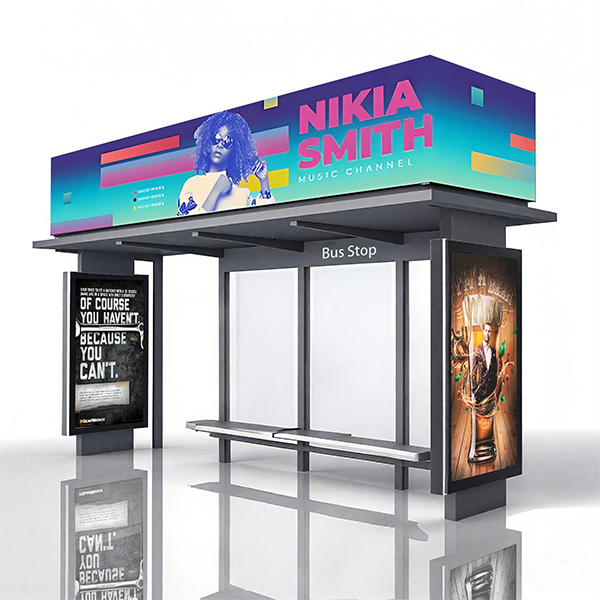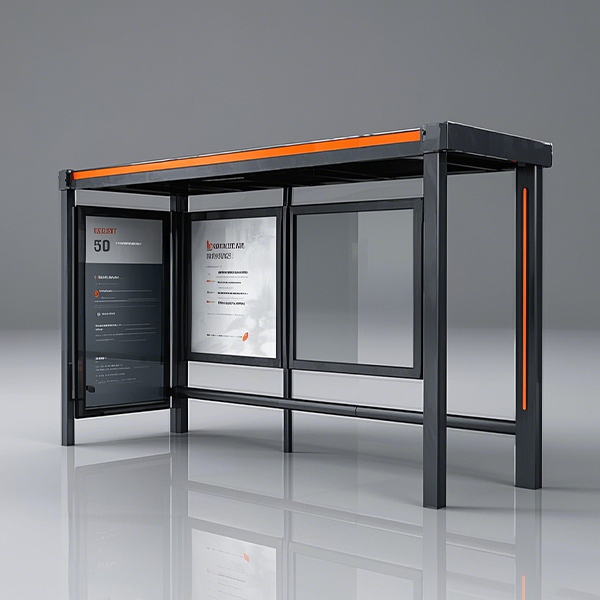
Bus Shelter Contractor
This comprehensive guide provides essential information for aspiring and established bus shelter contractors. Learn about project acquisition, design considerations, construction techniques, legal compliance, and business management strategies to excel in this specialized field. Discover resources and best practices to optimize your operations and achieve sustainable growth.
Understanding the Bus Shelter Construction Landscape
Market Analysis and Demand
The demand for bus shelters is driven by factors such as increasing urbanization, public transportation growth, and the need for passenger comfort and safety. Understanding local regulations and planning permissions is crucial. Researching local authorities' public works projects and upcoming infrastructure developments can provide valuable leads. Analyzing competitor activity and identifying niche markets within the bus shelter contractor industry can enhance your competitive advantage. A strong understanding of material costs and pricing strategies is essential for profitability.
Types of Bus Shelters and Materials
Bus shelters come in a variety of designs and materials, each with its own advantages and disadvantages. Common materials include steel, aluminum, glass, polycarbonate, and wood. The choice of material will depend on factors such as budget, aesthetic requirements, durability needs, and local climate conditions. Some bus shelters incorporate smart technologies, such as digital displays and integrated lighting systems. Consider the longevity and maintenance requirements of different materials when planning your projects. Understanding the lifecycle cost of various materials can be instrumental in providing competitive bids.
Project Acquisition and Management
Bidding and Tendering Processes
Successfully bidding for bus shelter projects requires careful preparation and meticulous attention to detail. Understanding the tendering process and adhering to deadlines is critical. Thoroughly reviewing specifications, complying with regulations, and accurately estimating costs are vital steps in submitting a competitive bid. Building a strong reputation for delivering high-quality projects on time and within budget can significantly improve your success rate in winning contracts. Networking with architects, engineers, and local authorities is beneficial in securing future opportunities.
Project Planning and Execution
Effective project planning involves creating detailed schedules, allocating resources, and managing risks. This includes selecting qualified subcontractors, coordinating material deliveries, and ensuring compliance with safety regulations. Regular project monitoring and progress reports are essential for ensuring projects are completed on time and within budget. Utilizing project management software can significantly improve efficiency and organization. Maintaining clear communication with clients and stakeholders throughout the project lifecycle is crucial for a successful outcome.
Legal and Regulatory Compliance
Building Codes and Permits
Compliance with building codes and obtaining necessary permits is a crucial aspect of bus shelter construction. This involves understanding local regulations, submitting accurate applications, and addressing any potential issues proactively. Failure to comply with these regulations can lead to project delays, fines, or even legal action. Engaging with relevant authorities early in the project planning phase is highly recommended. Staying updated on any changes in building codes and regulations is also critical.
Safety Regulations and Insurance
Safety is paramount in construction, and bus shelter contractors must adhere to stringent safety regulations. This includes providing appropriate personal protective equipment (PPE) to workers, implementing safe work practices, and maintaining a safe work environment. Maintaining adequate insurance coverage, including liability and workers' compensation, is crucial to protect your business from potential risks. Regular safety audits and employee training programs are essential for maintaining a safe work environment.
Marketing and Business Development
Building a Strong Online Presence
Establishing a professional website and utilizing digital marketing strategies are essential for attracting new clients. This includes optimizing your website for search engines, utilizing social media platforms, and networking online. Consider partnering with companies like Shandong Luyi Public Facilities Co., Ltd. for high-quality materials and innovative design solutions. High-quality photography and videography of completed projects can effectively showcase your expertise. Online reviews and testimonials from satisfied clients can build trust and credibility.
Networking and Building Relationships
Networking with other professionals in the construction industry, attending industry events, and participating in trade shows can significantly increase your opportunities. Building strong relationships with architects, engineers, and local authorities can lead to valuable partnerships and future projects. Participating in community initiatives and showcasing your commitment to community development can enhance your reputation. Active engagement in relevant professional organizations can provide valuable networking opportunities and access to industry best practices.
Financial Management and Profitability
Cost Estimation and Budgeting
Accurate cost estimation is crucial for successful bidding and project profitability. This involves considering all direct and indirect costs, including materials, labor, equipment, and overhead expenses. Developing a detailed budget and regularly monitoring expenses are essential for maintaining financial control. Utilizing project management software can facilitate accurate cost tracking and reporting.
Pricing Strategies and Profit Margins
Effective pricing strategies are essential for ensuring profitability. This involves understanding market rates, considering your own costs, and setting prices that are competitive yet profitable. Analyzing competitor pricing and adjusting your own pricing based on market conditions is crucial for long-term success. Maintaining healthy profit margins is essential for reinvestment and business growth.
| Material | Approximate Cost Per Unit | Pros | Cons |
|---|---|---|---|
| Steel | Varies significantly by market | Strong, Durable | Can be expensive, susceptible to rust |
| Aluminum | Varies significantly by market | Lightweight, corrosion-resistant | Can be more expensive than steel |
| Polycarbonate | Varies significantly by market | Lightweight, impact-resistant, transparent | Can scratch easily |
Remember, consistent effort, meticulous planning, and a strong commitment to quality are key ingredients to becoming a successful bus shelter contractor.
Соответствующая продукция
Соответствующая продукция







